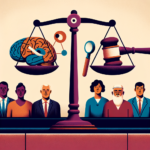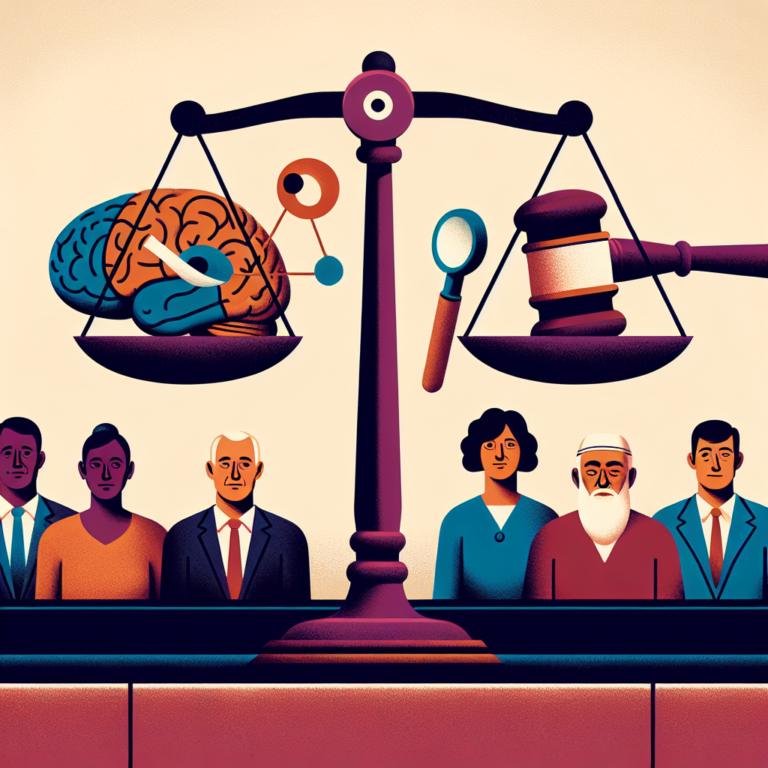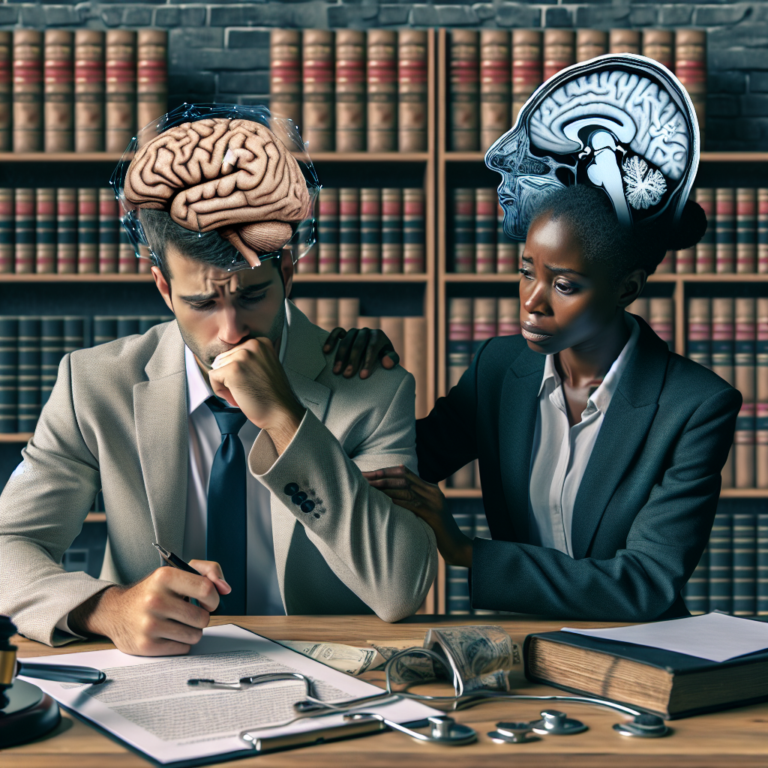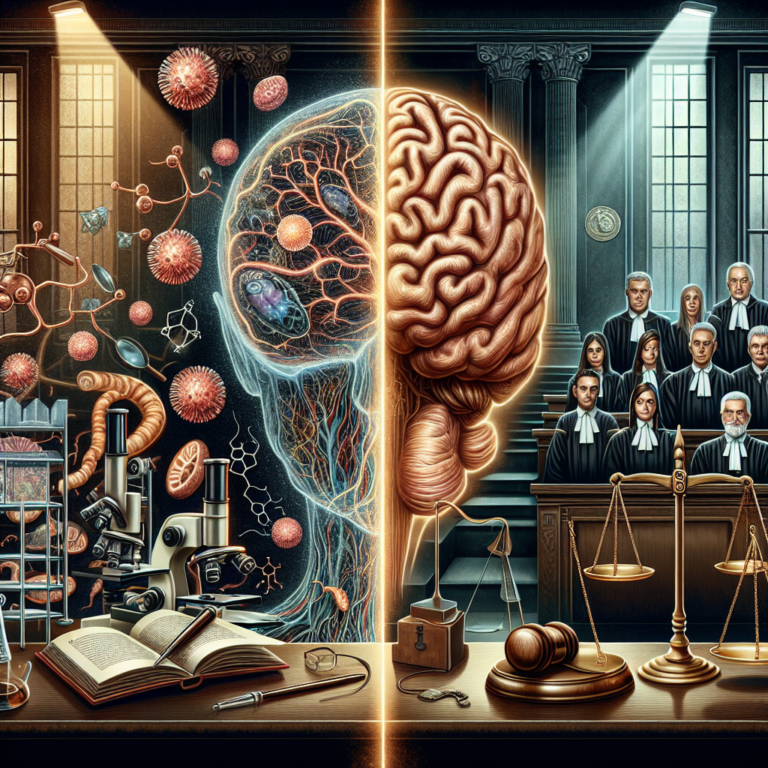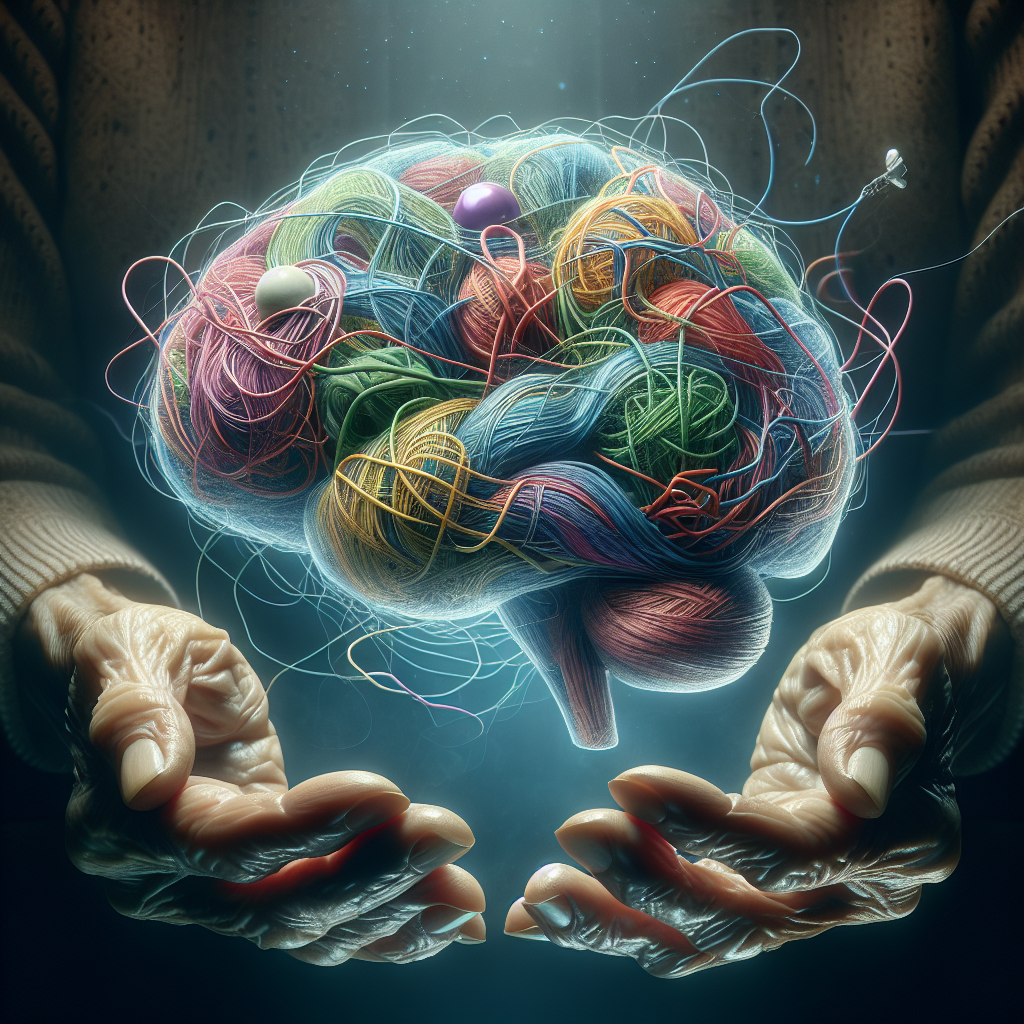
In a world where our experiences shape our identities, the integrity of our memories plays a profound role in defining who we are. Yet, what if the memories we hold dear are not entirely accurate? What if our minds are susceptible to contamination, leading us to recall events that never actually occurred? In this exploration, “False Memories: Unraveling the Mystery of Memory Contamination,” we delve into the fascinating, and at times unsettling, concept of false memories.
Introduction
Imagine walking into a room, only to have a familiar sensation wash over you—the scent of freshly baked cookies, the laughter of childhood friends. But as you dig deeper, you realize this memory is nothing but a fabrication. The mind can be a miraculous place, but it is also fraught with complexities. The phenomenon of false memories is not merely a quirk of human experience; it is an area of psychological research that has significant implications for everything from eyewitness testimony to therapeutic practices. In this article, we’ll unravel the intricacies of memory contamination, its causes, and how it has tangible impacts on our lives.
Understanding Memory: A Brief Overview
Memory is not a static repository but a dynamic process involving encoding, storage, and retrieval. Our brains are designed to construct narratives based on our experiences, often filling gaps with plausible details. This natural tendency to create and modify memories can lead to inaccuracies—a process known as memory contamination.
The Structure of Memory
Understanding how memory works is key to grasping the concept of false memories. Here are the different stages of memory:
| Stage | Description |
|---|---|
| Encoding | The brain processes information and converts it into a storable format. |
| Storage | The information is stored in the brain, often in a fragmented manner. |
| Retrieval | The brain recalls the stored information, sometimes reconstructing it. |
The Science Behind False Memories
False memories arise when external factors, such as suggestions or misleading information, influence our recollections. The following are key elements that contribute to the formation of false memories:
Misinformation Effect
This phenomenon occurs when individuals are exposed to misleading information after an event. For instance, when asked leading questions about a car accident, witnesses may unknowingly modify their memories to fit the new narrative.
Case Study: The Loftus Experiment
One of the most renowned studies on false memories was conducted by psychologist Elizabeth Loftus. In her experiment, participants watched a film of a car accident and were later asked questions that contained misleading information. The results revealed that those who received leading questions were more likely to recall events that never happened, highlighting the power of suggestion in memory formation.
DRM Paradigm
The Deese-Roediger-McDermott (DRM) paradigm is another powerful illustration of false memory creation. In this setup, participants are presented with a list of related words and later asked to recall them. Many recall related but non-presented words, demonstrating how memory can be influenced by thematic associations.
Analysis
The DRM paradigm underscores that our memories are not only shaped by direct experiences but are also susceptible to semantic associations and context. This raises questions about the reliability of memory in critical scenarios like criminal cases or therapy settings.
Real-World Implications of False Memories
Eyewitness Testimonies: One of the most critical areas impacted by false memories is the justice system. Eyewitness accounts have long been considered a cornerstone of legal decisions. However, many wrongful convictions can be traced back to inaccurate witness testimonies influenced by suggestion or stress.
Therapeutic Settings: Therapists sometimes use techniques aimed at recovering repressed memories. However, there is a risk that these techniques can inadvertently implant false memories, leading individuals to believe they experienced events that never occurred.
Survivorship Bias: Survivors of traumatic events often reconstruct their memories in a way that aligns with their present narratives, which could either help in their healing process or cloud the actual experience.
- Consumer Behavior: False memories can influence brand loyalty. For instance, advertising strategies may involve creating nostalgic associations that never existed, leading consumers to develop fond memories of brands they never actually interacted with.
Strategies to Mitigate False Memories
Understanding false memories is one thing; preventing them is another. Here are some strategies:
1. Cultivating Mindfulness
Being present and engaged in experiences can help solidify accurate recollections. Mindfulness techniques can aid individuals in better encoding memories.
2. Providing Clear Context
In legal and therapeutic settings, clear and neutral language can mitigate the risk of misinformation. Avoiding leading questions or suggestions enhances accuracy.
3. Critical Thinking
Encouraging individuals to question their memories can reduce susceptibility. Techniques that promote skepticism can lead to a more accurate understanding of personal experiences.
FAQs Section
Q1: What are false memories?
A1: False memories are recollections of events that never happened or distorted recollections of actual events. They can be influenced by external factors like suggestions or misleading information.
Q2: How do false memories affect eyewitness testimony?
A2: False memories can lead eyewitnesses to recall events inaccurately, which can have serious consequences in legal situations, sometimes resulting in wrongful convictions.
Q3: Can false memories be created intentionally?
A3: Yes, through suggestive questioning or therapeutic techniques, false memories can be inadvertently implanted, making it essential to approach memory recovery with caution.
Q4: Is there a way to identify false memories?
A4: While it can be challenging, scrutinizing the context of memories, checking associated details, and consulting multiple perspectives can help identify inaccuracies.
Q5: Can false memories be beneficial?
A5: In some contexts, like therapy, a person might benefit from reconstructing memories in a way that helps them cope with trauma, even if those memories may not be entirely accurate.
Conclusion
False memories are a captivating, yet often troubling aspect of human cognition. “False Memories: Unraveling the Mystery of Memory Contamination” reveals the complexities of our memory processes and their implications across various fields. By understanding the mechanisms behind false memories, we can navigate our experiences with greater awareness and clarity.
Embracing the idea that our memories are not infallible can ultimately provide personal empowerment. It encourages us to question the narratives we hold and make strides toward greater understanding and healing. In the intricate landscape of the mind, where memories are both a treasure and a puzzle, the journey to accuracy is one worth undertaking.
Enhancements to Remember
Remember that memory is a mosaic, comprised of accurate and, at times, imaginary pieces. While we may not always control how memories form, we can certainly influence how we respond to them. By delving into the depths of memory studies and understanding phenomena like false memories, we not only enrich our understanding of ourselves but gain invaluable tools for our interactions with others.
With these insights, it is crucial to approach our memories with a balance of trust and skepticism, promoting a future filled with accurate engagements with reality.

